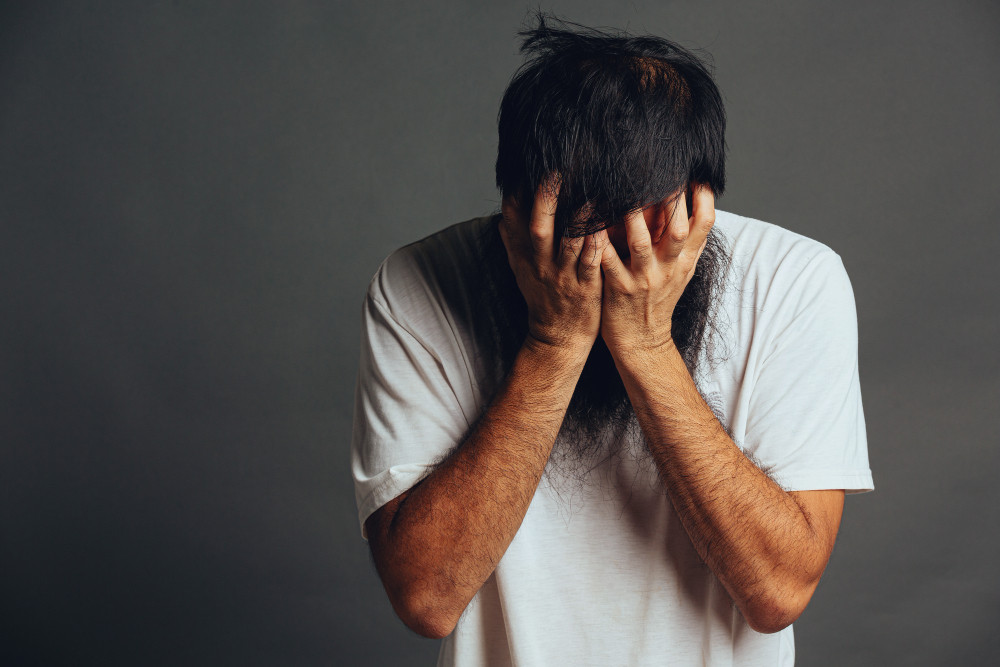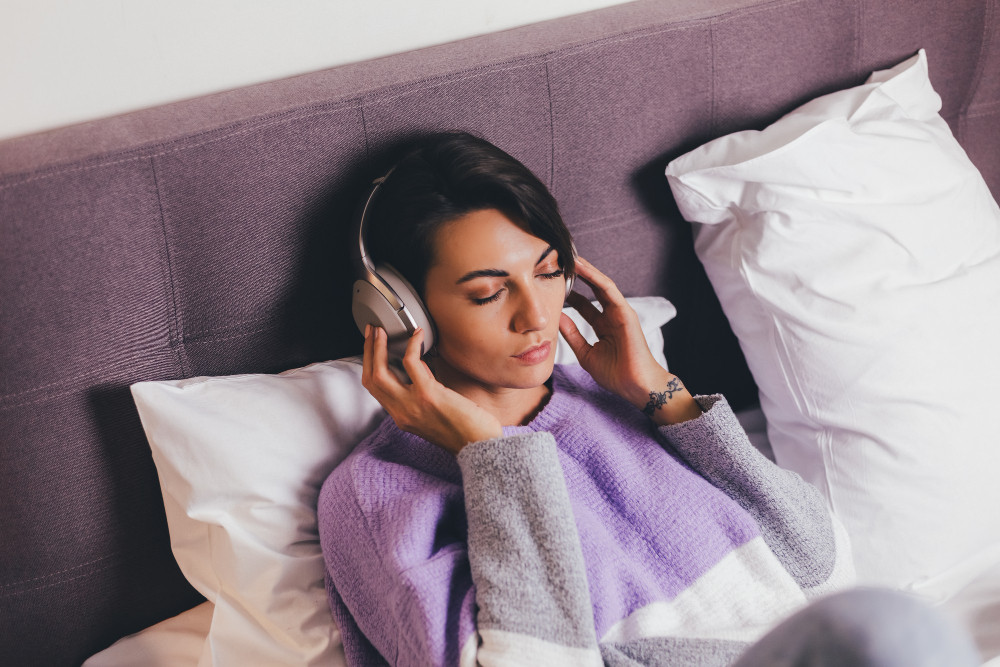If the holiday blues describe feelings of sadness, loneliness, stress, or disappointment that arise during the holidays, then you also need to know what the post-holiday blues are. While both conditions involve similar emotions, post-holiday blues typically appear after the holiday period is over.
Post-holiday blues
Most experts describe the post-holiday blues as a condition where you feel sad, disappointed, lethargic, stressed, and lonely after the holidays have ended. This condition is usually short-term and tends to fade over time.
The feelings related to post-holiday blues can vary from person to person. Common feelings include:
- A feeling of emptiness and loss
After an exciting and enjoyable vacation, you might feel empty due to physical and mental exhaustion from hectic holiday activities.
- Sadness and disappointment
Returning to your daily routine and saying goodbye to people you met during your vacation can cause these feelings of sadness and disappointment.
- Loneliness
After being in a crowd, suddenly having to go back to doing things alone can make you feel lonely.
- Stress
Being reminded of the intense pressure, work, and tasks that lie ahead can be stressful.
Overcoming the post-holiday blues
Everyone deals with the post-holiday blues differently. Some handle it smoothly, while others may take longer or even require professional help. To overcome the post-holiday blues, it's important not to isolate yourself. Here are some ways to manage these feelings:
- Find someone to talk to
Look for opportunities to talk face-to-face with friends or colleagues to share the fun things you experienced during your vacation. This can boost your mood and ward off loneliness.
- Spend time outdoors
Don't confine yourself to the house. Spend time outdoors by taking a walk, shopping for home needs, and greeting your neighbors.
- Make time for yourself
Understand that the sadness and loss you feel are part of adjusting to the lack of stimulation. While you may be happy to be back home, you might feel empty after the vacation. You may need more time to get used to your daily routine again. Take an additional 1-2 days off as a buffer before returning to your usual activities.
- Getting back to active sports
Resuming physical activity can positively change your mood by increasing the production of endorphins, which enhance your overall well-being.
- Look forward, not backwards
Reflect on one or more things you want to achieve this year. Focus on small goals and make plans to accomplish them.
Feelings of post-holiday blues that persist could indicate a more serious mental health condition. If your feelings of sadness and loneliness interfere with your daily activities, it is important to seek professional help and receive appropriate treatment.
If you need medical advice or consultation, you can either visit a doctor or make use of the consultation features that are available in the Ai Care application by downloading the Ai Care application from the App Store or Play Store.
Looking for more information on conditions, health, first aid, and home remedies? Click here!
- dr Hanifa Rahma
Barbara Field (2023). What Are the Post-Holiday Blues?. Available from: https://www.verywellmind.com/what-are-the-post-holiday-blues-5214403
Margaret Wehrenberg, Psy.D (2020). 7 Tips to Beat the Post-Holiday Blues. Available from: https://www.psychologytoday.com/intl/blog/depression-management-techniques/202001/7-tips-beat-the-post-holiday-blues
Alyssa Hui (2023). How to Manage the Post-Holiday Blues—And When to Seek Help. Available from: https://www.health.com/post-holiday-blues-7090516
Beth Ann Mayer (2022). How to Prepare for the Post-Holiday Blues. Available from: https://www.healthline.com/health/mental-health/how-to-prep-yourself-for-the-post-holiday-blues
Better Health Channel: Home Healthy mind
Exercise and mental health. Available from: https://www.betterhealth.vic.gov.au/health/healthyliving/exercise-and-mental-health











